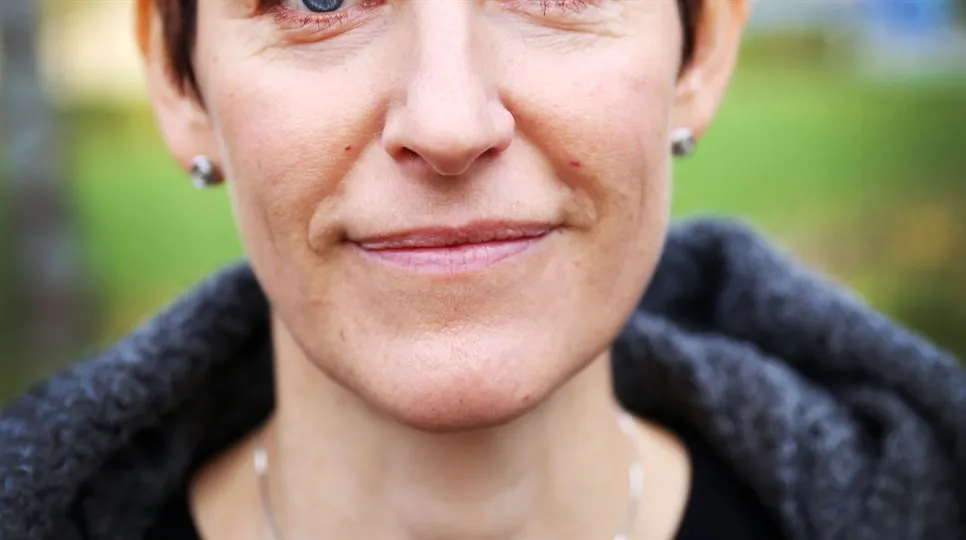New research identifies widespread sexism in the tourism sector
Employees in the tourism sector are often young, immigrants and women. And they are subjected to more sexism than workers in many other industries. Senior lecturer Kristina Zampoukos at ETOUR is convinced of this and is now seeking funding to research the topic.
It was when Kristina Zampoukos conducted a research study on the mobility of labour in the tourism sector that she understood that the industry has problems with employees being subjected to sexism.
“And it’s not just a question of sexism – racism and threats of violence are major problems in the industry as well,” she says.
The hotel and restaurant industry has a substantial turnover within the workforce and the employees are often young female immigrants. “It’s not a problem in itself,” Kristina Zampoukos says, “but the question is what kind of job they get, what work environment problems they come up against, and how these are handled.”

Workers in the tourism sector can often be subjected to sexism, racism and threats of violence. Photo: Unsplash.
“They work in a culture where the customer is always right. As an employee you are thus already at a disadvantage; it’s unequal from the outset.”
The goal: Find tools
“The service profession entails demands and expectations that you are to be available, friendly and helpful,” she says. “By finding ways to manage the vulnerability this brings the industry can improve its conditions.”
Kristina Zampoukos is currently seeking research funding for a study. She will not be able to begin until autumn 2018 at the earliest and expects her research to take three years. The goal is to find tools for both trade unions, employers and employees to deal with sexism, racism and threats of violence.
According to statistics from the Swedish Agency for Economic and Regional Growth the tourism and visiting industry is a growing sector and in Kristina Zampoukos’ opinion the work environment, where alcohol and drugs are common, has not been sufficiently studied. And it’s a topical subject.
“It’s particularly interesting in a Nordic context. We live with the idea that we are equal and have a strong labour movement. We have that reputation in other countries. But this is nonetheless how matters look.”

